Written by: Sara Beth Wald
This was a really difficult post to sit down and write. Who knew healing generational trauma would sneak up on me this way?
In fact, I missed the deadline by three days, which is a big deal for me. Back in my columnist days, I gave birth on a Monday morning and still hit my deadline on Wednesday at 5:00 p.m.
It should have been easy. I was tasked with writing 1,500 words on resilience, trauma, and overcoming. As a mental health advocate, I spend my days training others about the importance of vulnerability and authenticity and embracing the lessons inherent in struggle.
In short, this topic is my jam, y’all.
Yet I found myself three days past the deadline, staring at a blank screen, unable to even begin. I was stuck in a freeze response, and–me being me–I knew I had to dig in and explore what was going on with myself internally to get moving again.
Childhood Trauma Survivors Often Carry Unresolved Trauma
So what’s going on for me? Before we can go forward, we need to look backward. What’s my story?
I grew up in a family that was publicly perfect and privately in complete chaos. I used to explain it this way: “My childhood wasn’t traumatic, it was dramatic.” If reality TV had been a thing in the 80s and early 90s, we’d have given the Real Housewives a run for their money.
Of course, I realize now that the upheaval of my childhood was absolutely traumatic. It was rife with addiction, eating disorders, emotional abuse, domestic violence, food insecurity, financial instability, emotional neglect, hoarding, social isolation, and secrets.
But from the outside looking in, it was a shock to even our closest friends and family when everything fell apart.
As the oldest (and only) daughter, I had to grow up too fast, and caretaking of my younger siblings–and also my primary parent–fell to me. By the time I graduated from high school, I couldn’t get out of there fast enough.
And that’s what I did. I ran–straight into the arms of an equally traumatized guy whom I eventually married.

It Can be Difficult to Break the Cycle
And the cycle continued. We earned lots of degrees, built a new house, and put on quite a show for the outside world, all while our inner lives were miserable. We put off starting a family while we built our careers.
I became panic-stricken that I’d turn 30 without having a baby, so in my usual take-charge way, I set a goal and met it. My eldest son was born just 23 days before my 30th birthday.
I’m not the first person in history to admit that parenthood turned my world upside down.
Here I’d thought I could simply will things into existence. I was accustomed to tidiness, efficiency, and routine. There were never any loose ends left untied in my carefully managed life.
Almost immediately upon the birth of my first child, the façade crumbled. I simply could not keep all the plates in the air.
By the time my son was 19 months old, I was living back in my mother’s tiny Montana town, a single mom living in a borrowed house, driving a borrowed car, and relying on public daycare assistance to make ends meet.
I stumbled into a therapist’s office and said, “I don’t know how I got into this mess, but I need to figure it out so it never happens again.”
And thus began the journey into the center of myself.
How Generational Trauma Affects You In Unforeseen Ways
It took 15 years for me to rebuild. Slowly–with baby steps at first–I began to write a new chapter of my life. Many of the pieces from my old self no longer fit. I discarded some and refurbished others.
New pieces emerged that I had never seen before. And once everything was put back together, I no longer recognized this new and improved me.
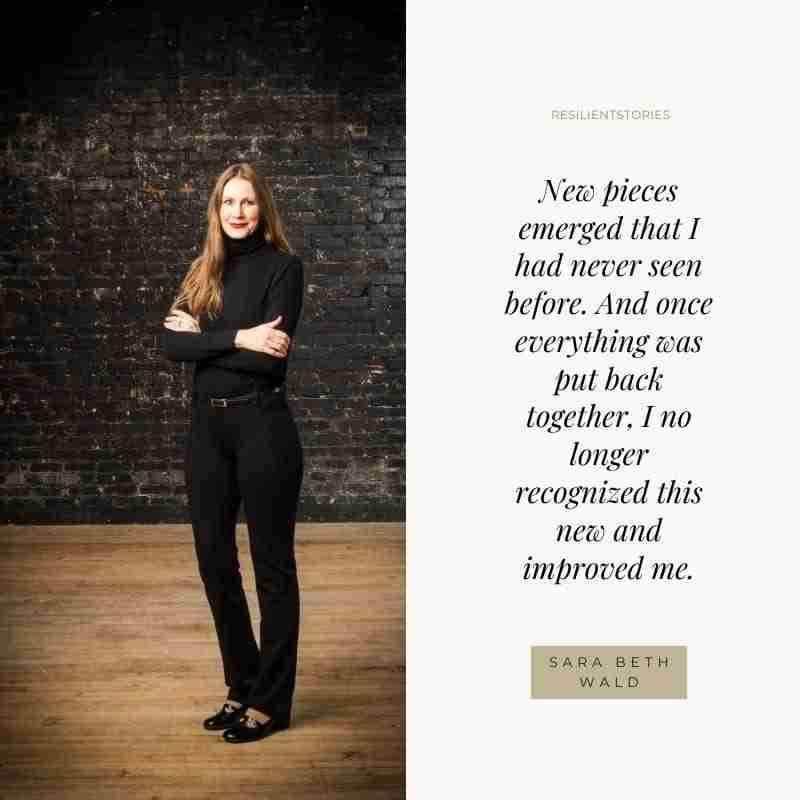
I could write an entire book about those 15 years of personal growth. In fact, it’s already partially written.
For eight and a half years I wrote a syndicated newspaper column that followed my adventures from single motherhood to remarriage to the birth of my second child and beyond. Those were happy years!
Then I got sick. It felt like overnight, but it really wasn’t.
Figuring Out What Was Wrong Was a Traumatic Experience Itself
It’s just that I was so accustomed to ignoring my own physical and emotional needs that I didn’t pay attention when my body was screaming, “STOP!” It started with migraines that lasted weeks at a time.
Then the female issues started: infections, bleeding, and chronic pain that left me doubled over and unable to work.
And finally, on my younger son’s fourth birthday, I cracked. I toughed it out throughout the party, but by that evening, I was prostrate. Not wanting to disturb my sleeping family, I drove myself to the small local ER at 3:00 AM.
My head hurt like nothing I’d ever experienced. I thought I most certainly must have a brain tumor.

After a CT scan and a steroid shot, plus some heavy painkillers, they sent me home, saying it was just a migraine. But I knew something was wrong. By sunrise, I was on my way to the bigger hospital in Billings, two and a half hours away.
By the time I made it to the ER, the left side of my scalp was so badly swollen that my ear was folded down, and my hair was coming out in clumps.
I spent the next three days bouncing from specialist to specialist. All were baffled. This was the beginning of two and a half years of tests, unanswered questions, surgeries, and an ultimate diagnosis of generalized autoimmune disease.
Basically, I was a walking science experiment. They just threw different combinations of medications at me, until finally, we found the right “cocktail” and I began to recover.
Understanding the Symptoms Related to Traumatic Experiences
During my illness, I scoured the internet for answers. What made me sick? Everything kept pointing towards complex trauma.
It is estimated that between 70-90 percent of illnesses are caused by stress.
It has long been known that women experience autoimmune disease at two-thirds the rate of men.
As many as 80 percent of autoimmune disease sufferers report high stress at the onset of illness.
Remember that birthday party for my son that I pushed through the day I got sick? It just so happens that this was the first time I’d invited my dad to a family function in a decade, and my mother was not happy about it.
The scared, invisible little girl living inside my subconscious was nothing short of terrified to defy my mother. My body couldn’t take it and began to self-destruct.
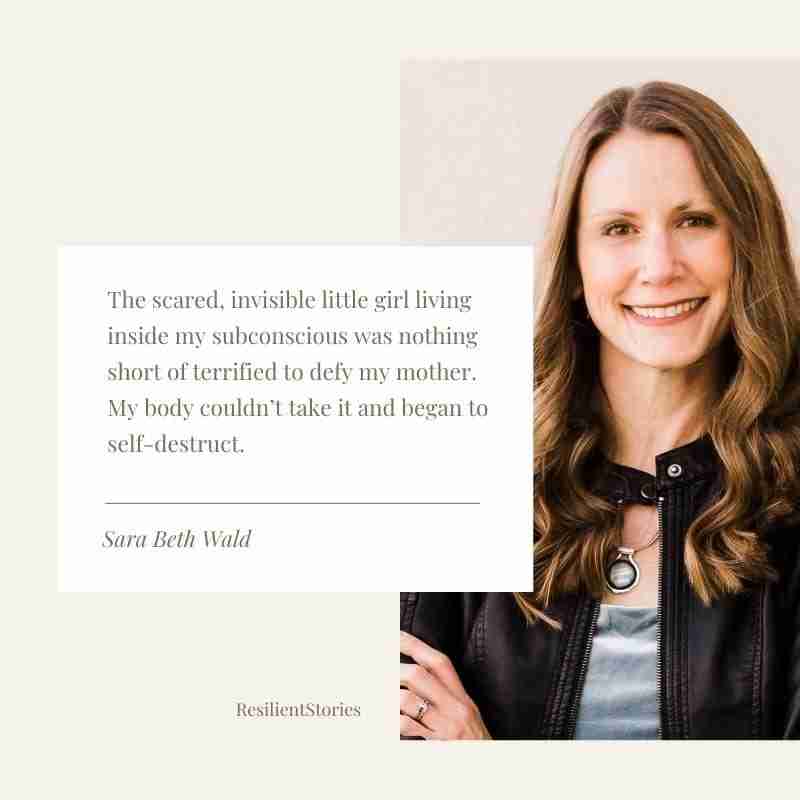
The part of my life that didn’t make it into my newspaper column during the years after my divorce was all the work I was doing behind the scenes to figure out what went wrong in my first marriage.
It took me all of about ten minutes of working with a mental health professional to realize that my troubles began long before I started dating my college sweetheart.
In fact, my troubles began before I was even born.
Breaking Generational Trauma is a Choice
Except for natural disasters, random accidents, and some illnesses, trauma doesn’t just happen. It is inflicted by other traumatized people, and passed down, generation after generation, until someone chooses to stop it. That word choice is important.
We can’t just turn off generational trauma. We can’t ignore it until it goes away. One way or another, trauma is going to show up in our lives, either in our health or our relationships with others.
The only way to stop the generational trauma cycle from impacting subsequent generations is to face it head-on and release it. I’d spent my 20s trying to escape my family’s trauma story, but I couldn’t outrun it.
By my early 30s, I’d come full circle, ending up right back where I started, in the heart of my past.
As I began to understand trauma’s impact on my life, I was confronted with an uncomfortable reality. My whole definition of love was upside down and sideways. I thought that love meant we could never be angry, disappointed, or hurt by those we love.
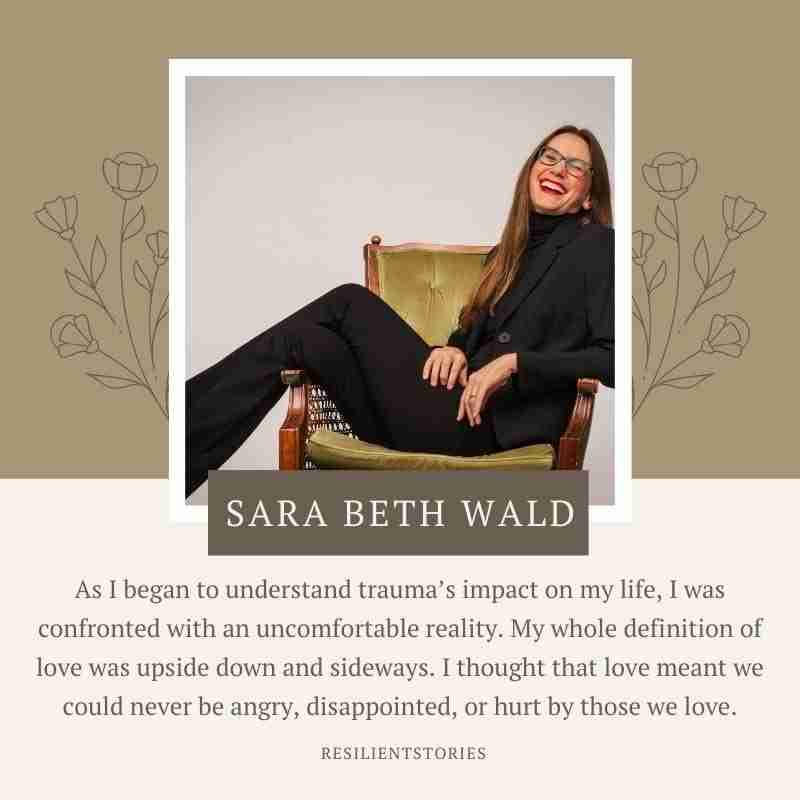
As I began to accept hard truths about my experiences, I began to feel like I was a failure at love.
I’d always believed if relationships were hard, it was my fault. There was no space for me within my definition of love: my pain, my experiences, my story, my health. I had spent my entire life trying desperately to disappear.
I didn’t even know what it felt like to take up space. There had to be a better way. I just knew it.
Writing as a Means of Healing Generational Trauma
Writing has always been my go-to processing tool. As soon as I learned how to write words, I began writing stories, creating poetry, and keeping journals.
I taught myself how to type when I was 11 and never looked back. Writing is as natural as breathing for me. As I began to think about a new way of doing love, I started a blog and wrote myself through it.
This is how Redefining Love was born. Redefining Love is not just about romantic love. It’s about how we relate to ourselves and others in all our relationships, from our closest partners and friends to our children, family of origin, coworkers, communities, and the world at large.
Redefining Love offers a new way of loving others that allows for disagreement, big hard feelings, and safe emotional and physical boundaries.
It’s been over seven years since that fateful Sunday morning when I drove myself to the ER with severe pain. Thankfully, my disease is well managed and I have my life back.
The Redefining Love blog became a book, a coaching program, and a TEDx talk, and now is being integrated into an innovative corporate mental health initiative called Mind Wellness University.
Coping Mechanisms Will Help You Through the Neverending Healing Process
This brings us back around to there here and now, sitting at the keyboard, struggling to write something that I talk about every day. Why? In the spirit of brevity, I’ll say only that life has been hectic and heavy lately.
A confusing mix of extreme highs and lowest of lows. I found myself feeling unqualified to speak on resilience when life feels a bit unmanageable right now.
Fortunately, I’ve lived and learned enough now to recognize that confusion, frustration, and struggle are not an indication of failure.
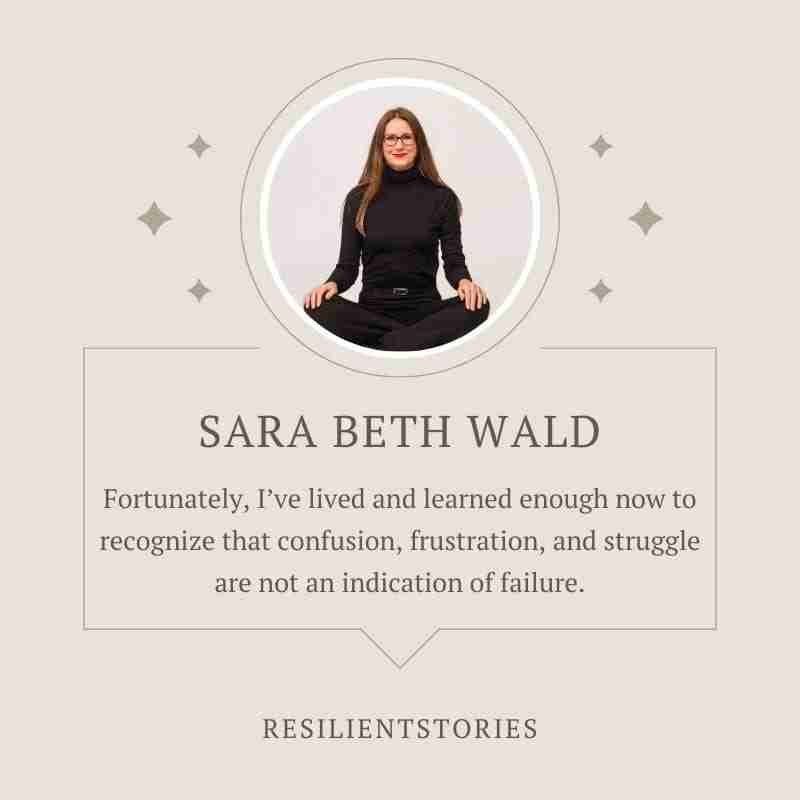
They are simply a part of life. I wish I could tell you that once you learn to give yourself unconditional love and give others boundaries, accountability, and grace, life is no longer difficult. However, that is not the case.
Hardship is Inherent in the Healing Generational Trauma Journey
The key difference is, that when you learn to value yourself and allow yourself to take up space within your own life, you realize that hardship isn’t a measure of your value. Your struggle doesn’t define you.
You are just as precious and worthy when you’re struggling as when you’re thriving. Living your best life does not mean you never feel pain and confusion. It means that regardless of your circumstances, you still deserve to take up space.
Resilience, then, is the ability to love yourself and others, regardless of what is happening in the world around you.
Once you learn to dig in and get curious when you feel yourself balking at life, slipping into old patterns, life has an uncanny way of giving you the opportunities to process and move through it, such as it did for me with this blog assignment.
So go forth, friends, dig in, do the work, and take up space.
Have you experienced generational trauma? Let us know your thoughts in the comment section below.
Sara is an Amazon bestselling author, TEDx speaker, blogger, and entrepreneur committed to breaking generational trauma cycles and advocating for mental health in our homes, workplaces, schools, and communities.

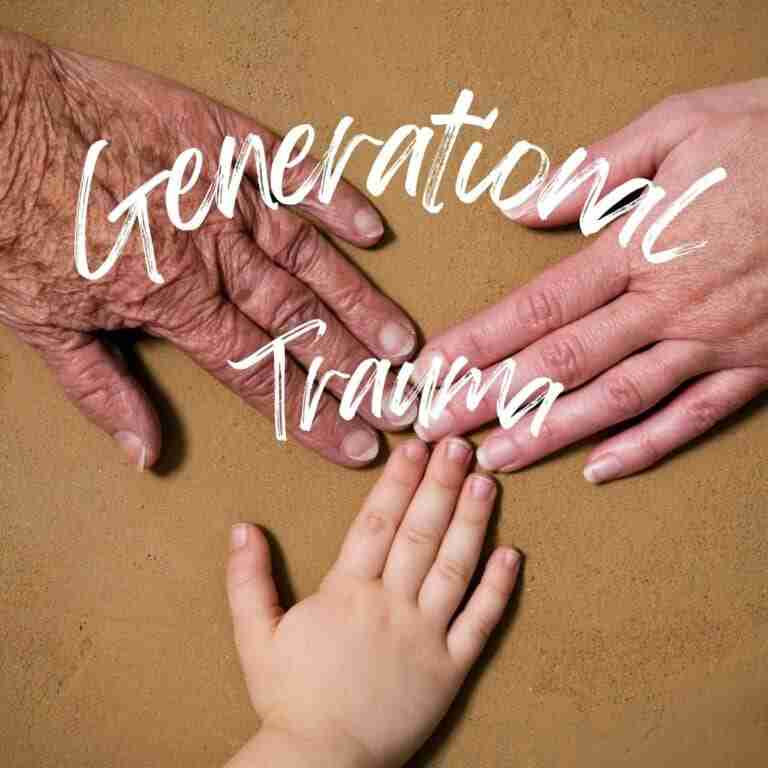
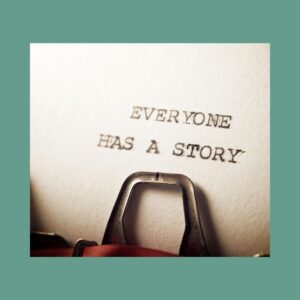
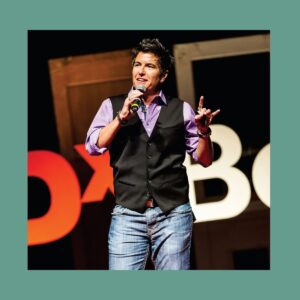

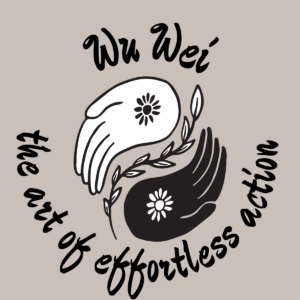






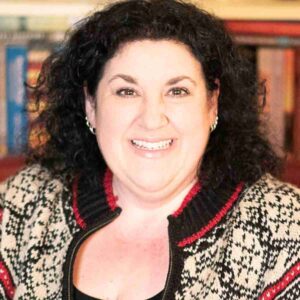

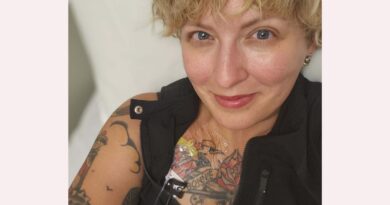
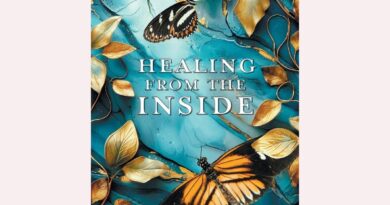
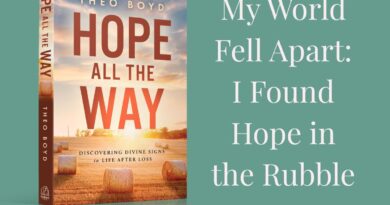
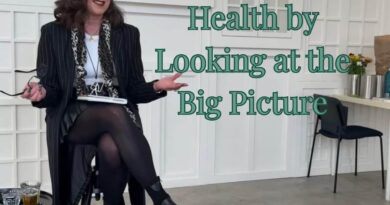











0 Comments